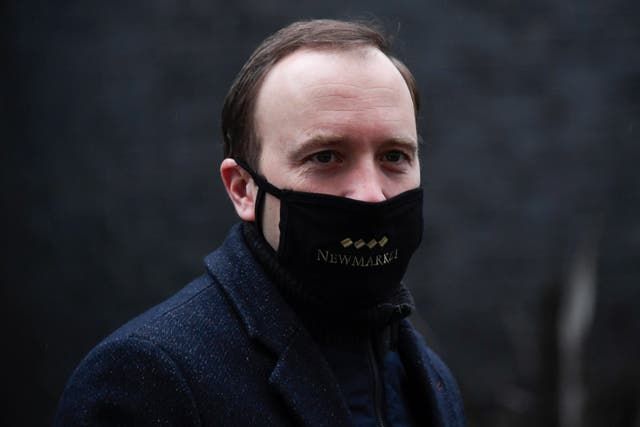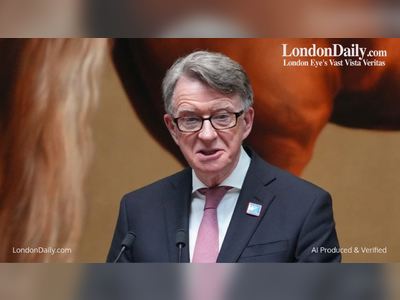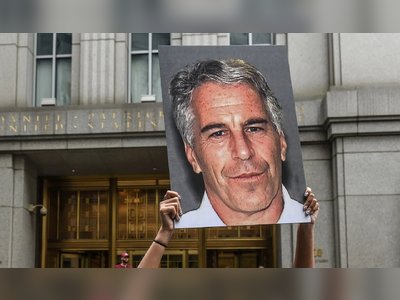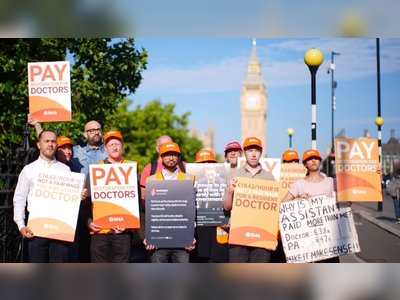
Why is Hancock pushing to reform the NHS in the middle of a pandemic?
All too often it is easier to spot someone else’s bad idea than it is our own — whether it’s shaving your head, starting a podcast, or getting back together with an ex, it can be hard to shake the idea that this time really is different, or we really are the exception for whom it’ll work out brilliantly.
So it is with politicians and major top-down reorganisations of the NHS. When asked about them in general terms, almost every politician from every major party will acknowledge that they usually end up being a terrible idea. They are often unpopular with NHS workers, cause a lot of pain as they are implemented, and usually end up being unpicked within a decade or so.
Despite all that, Matt Hancock has become the latest health secretary to believe that this time is different — or his ideas are different — mooting a new set of reforms to how the NHS is governed.
Unusually, Hancock’s plans would not even be unpicking the changes of a previous Labour government: the Conservatives have been in power for so long that he is proposing to undo the NHS reforms of his Conservative predecessor Andrew Lansley.
The idea should not be dismissed out of hand — just because the health service has become the UK’s secular religion shouldn’t mean politicians stop trying to improve it and make sure it works as well as it can for patients.

It’s also clear that Lansley’s reforms left much to be desired: they are notorious for having created yet more layers of bureaucracy and for making it harder for politicians to run the UK’s biggest public service — in many ways one of the key things they are elected to do.
What is baffling is why on earth Hancock would announce this kind of grand-scale reform now, when the NHS is still in the middle of handling the largest public health crisis in a century.
Intensive care units are expanded far beyond their usual capacity. Test and trace — soon to become crucial again — is still barely effective. The NHS is managing a critical vaccine roll-out, and monitoring for new strains. The health service, in other words, has its hands full already — and if Hancock wants his reforms to be effective, he should recognise the need for honest engagement and buy-in from doctors, nurses and senior NHS leaders. None of those really have time to spare right now to look to the future.
Similarly, to suggest a series of long-term reforms right now looks grimly premature when the Government has refused to announce either a preliminary or a full public inquiry into how the UK has handled coronavirus. In the long run, the most important part of such an inquiry will not be which individuals or institutions are to blame for certain mistakes, but rather what changes need to be made to make sure crises are better handled in the future — to make sure we don’t see either the unnecessarily high death toll or the larger-than-necessary economic damage we did during this crisis.
Carrying out major reforms before such an inquiry is even convened sends out all the wrong signals: it either suggests you plan to ignore whatever it concludes, or else that you will be prepared to do yet another set of reforms in just a few years’ time — in which case, why put everyone through it now? Hancock argued yesterday that the pandemic provides the rationale for his timing. In reality, it just shows the states of getting the reforms right — something which won’t be helped by rushing.
As the UK vaccination roll-out continues to be a relative success, especially compared with the EU’s, Matt Hancock is getting some recognition and positive polling for his role. It is understandable in such circumstances that he is looking for good ways to spend that political capital, and — another inevitability for any politician — looking towards whatever legacy he might leave behind.
Perhaps, though, the best legacy would be being the health secretary who resisted the urge to engage in painful NHS reforms at the wrong time — the one who had the patience to save them for when NHS staff and organisations could properly engage, and when they could incorporate the lessons from a coronavirus inquiry.
Doing nothing, for now, is sometimes the best course of action. It’s just one that British politicians find notoriously difficult.










